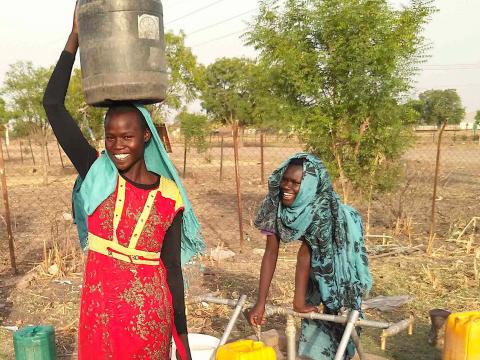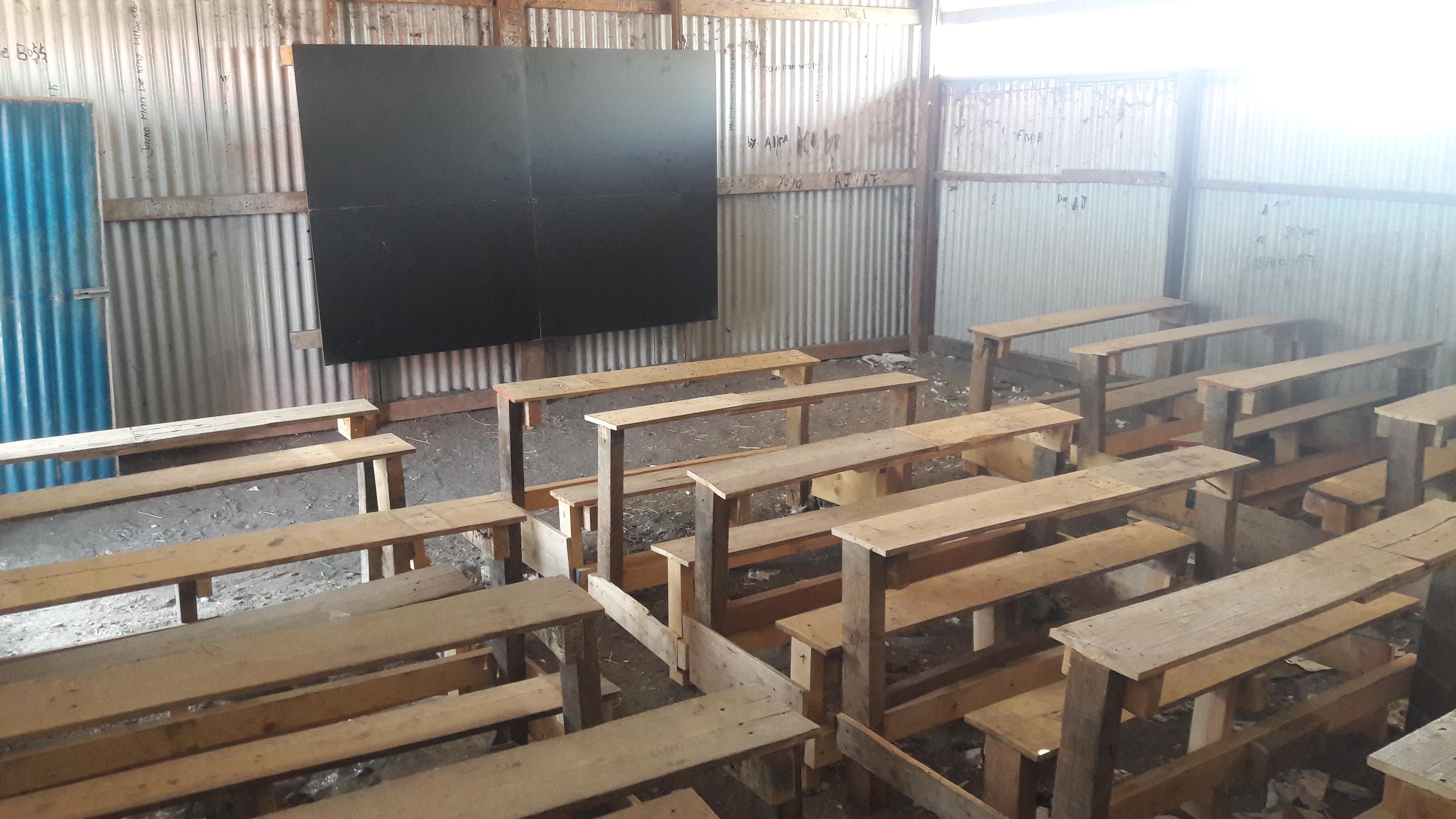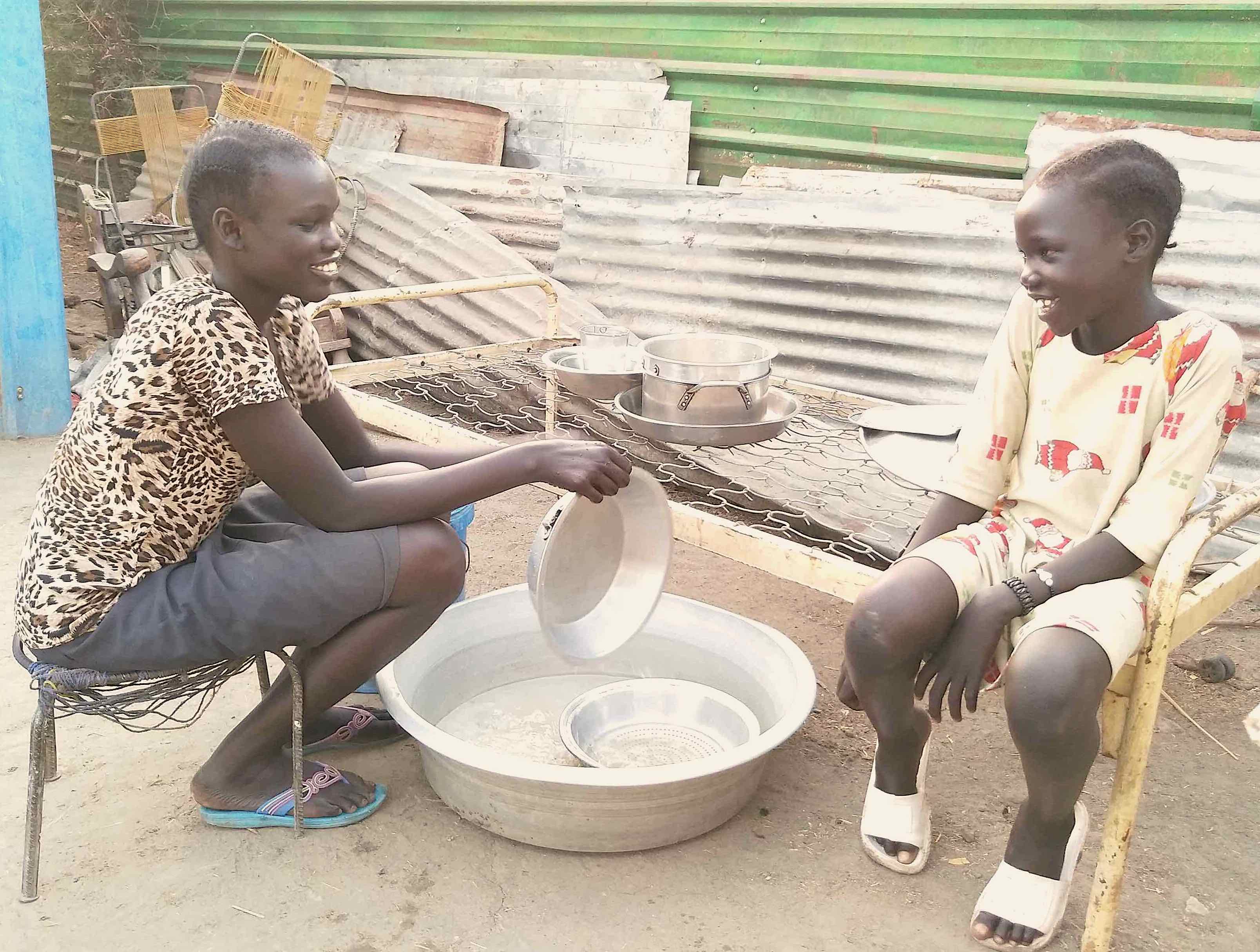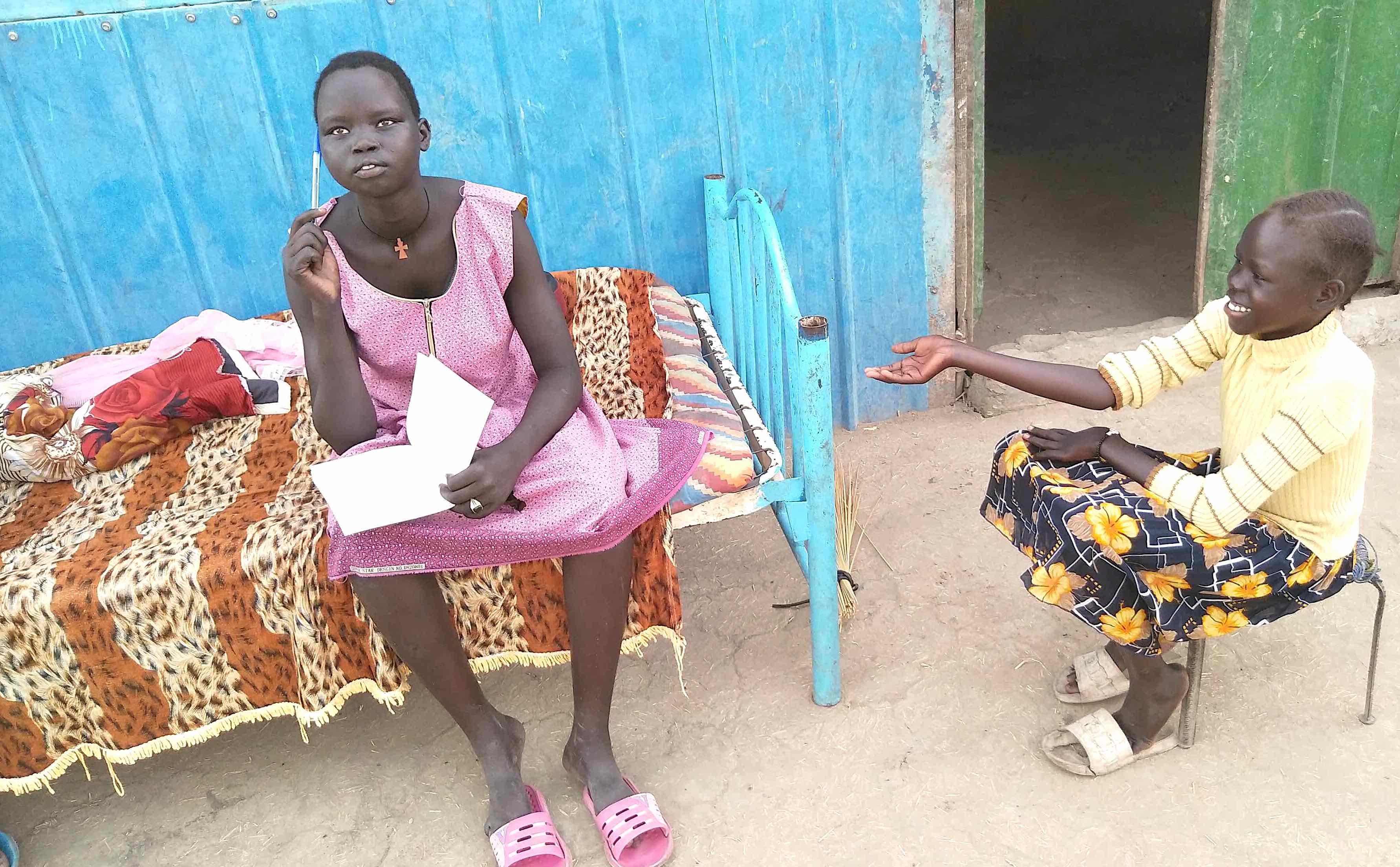Girls express fear of being married early for families to survive hunger and COVID-19

As COVID-19 cases steadily rise in South Sudan, many families are raising the alarm of losing their income sources and facing the tougher battle against hunger. This scenario is understandable in a country where over seven million people already suffer from food insecurity.
But 14-year-old Martha, along with other girls, fears another impact of this worsening situation. “I am afraid of being married off early so my family can survive,” says Martha sadly.
Now in primary six, Martha dreams of helping change the way communities perceive girls through education. For as long as COVID-19 exists, Martha’s dream is seriously threatened.
Related story: 1.9 million South Sudanese children despair over closure of schools due to COVID19

“I am extremely sad that there is nothing I can do to make this pandemic disappear, so I can pursue my dream. But, I am hopeful, praying for God’s intervention in this situation,” she adds.
An estimated 1.9 million children in South Sudan are out of school when the learning institutions were closed to prevent the spread of the pandemic in the country. The downside is, with the impact on children’s education long affected by conflict, the bright future Martha has been aiming for is on hold.
Through the support of Irish Aid, World Vision supports the education of 7,875 children in two Dengthoma Camps for the internally-displaced in Melut County, a part of Upper Nile State in South Sudan.
Why should COVID-19 come at a time when we girls are beginning to realize to our right to study and pursue our dreams?
Martha further says, “Nothing scares me more than staying home now. It scares me that girls will be the next target for their families’ survival.”
World Vision’s Protection Officer Anthony Akech seconded Martha’s concerns. “The girls’ ordeal of being married has started. Reports are starting to come in from our supported schools that some of them are forced to marry while some got impregnated. We are doing our best to look into this issue and address their concerns.”
Related video: Athieng appeals for an end to gender-based violence

Nyanyok,16-years-old tries to read her books even while at home. “There is too much work but I always make time to read my books to keep my mind busy and also forget the fears that COVID-19 is causing us,” she says.
Abui, 15, misses church prayers and fellowship activities that bring girls together, “We usually meet at the church after school for fellowship where we also get to share our dreams as girls. Not anymore. All I do now is do house chores, the life I never want for myself,” Abui says.
With frustration, Abui asks, “Why should COVID-19 come at a time when we girls are beginning to realize to our right to study and pursue our dreams?"
Related video on education: A better story for Margret

World Vision’s Project Manager Anteneh Mekonnen said over 2,000 adults and school children were reached with COVID-19 prevention messages through the Irish Aid Project‘s child protection, gender-based violence & education activities.
The Irish Aid Project in Upper Nile State has supported 30,358 children through 13 schools, eight of them for the displaced children and five for the host communities. It also enabled the construction of 45 semi-permanent classrooms for children who no longer attend classes under the trees and sit on the ground.
Related education video: New learning facilities keep children in school
Story by Scovia Faida Charles Duku, Communications Officer I Photos and interviews by Anthony Akech, Child Protection Officer